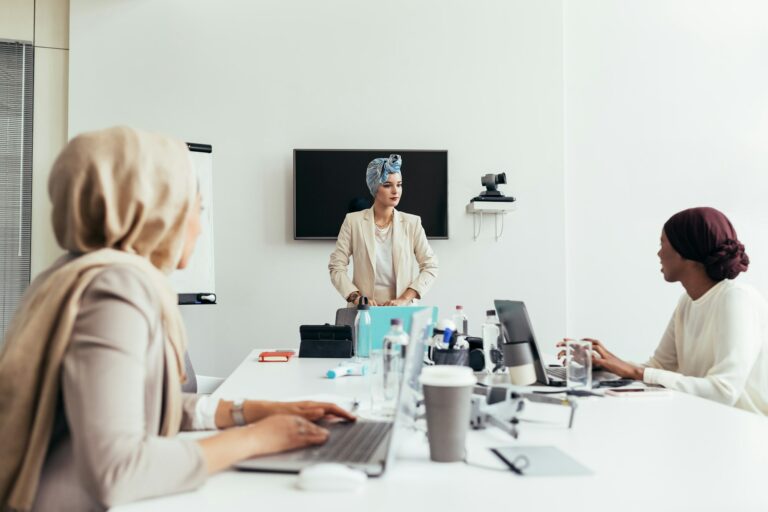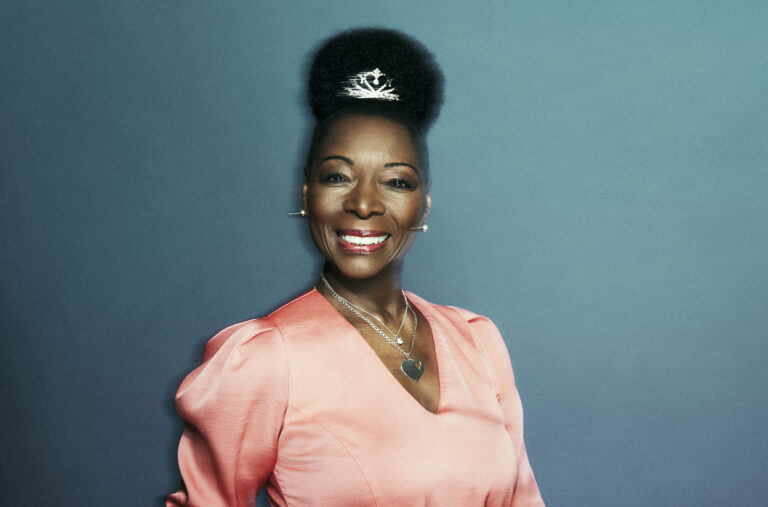Clare reached the very pinnacle of the sport of swimming when she was just 15, winning a gold and four silver medals at the 1992 Barcelona Paralympic Games. Even more impressively, she set a new world record for swimming’s blue ribbon event, the 50m freestyle, in the S9 category. Clare was born without her lower left arm.
She achieved all this whilst studying for her GCSEs exams – which she aced, before going on to A Levels and being accepted into one of the top universities in the UK (St Andrews) and starting a career with Deloitte.
As a young graduate, Clare began running and cycling and started competing in triathlons – she took part in the first British Para-triathlon Championships in 2009 and won the first World Championships in Australia in 2009.
The first time triathlon was introduced to the Paralympics was in 2016 in Rio in Brazil, where Clare finished seventh. Since retiring from sport, Clare became involved with the British Paralympic Association where she now holds the position of Head of Athlete Services.
The Paris Summer Paralympics 2024 will take place in France from 28 August to 8 September, with 4,400 athletes with disabilities will take part in 22 sports including archery, goalball, five -a-side football, equestrian, rowing and wheelchair rugby across 549 events. It is the first time France has held a Paralympics. Here, Clare shares her hopes for the power of the Paralympics – beyond the sporting arena:
Q: One of the goals of the Paralympics is to bring about social change and promote inclusive professional and sports opportunities for people with disabilities.
In fact, a motto of ParalympicsGB is “Through sport, inspire a better world for disabled people”. As both an athlete and a sports professional, can you explain why sport has such a tremendous potential to change global attitudes towards people with disabilities?
A: “The Paralympic Games is one of the biggest global sporting events. There is no other event that brings together 4,400 disabled people in one place for 11 days and gets the media attention that the Paralympic Games achieves. Once every four years a spotlight is shone, not just on sport and the incredible performances of the athletes, but also on disability. Time and again our athletes talk about the come down after a Paralympic Games.
“They go from being lauded for their “super human” endeavours, to going home and not being able to enter restaurants or get on a train because accessibility isn’t good enough. That’s why we support our athletes to use the platform they have from being Paralympians, to draw attention to the issues disabled people continue to encounter in everyday life and advocate for change in the hope that gradually we’ll be able to change attitudes and infrastructure to be much more disability friendly.”
Q: ‘You can’t be what you can’t see’: This year, Alfie Hewett was nominated for the BBC Sports Personality of the Year: Alfie is a wheelchair tennis player – and the BBC Sports Personality of the Year is the country’s premier personality competition for athletes. How significant is it that Alfie was nominated, and how important is it to have visible sports personalities who are also disabled?
A: “It was a huge achievement for Alfie to be nominated. I think he is only the second disabled athlete to be nominated for this award outside of a Paralympic Games year, which in itself demonstrates there is still a lot more work needed. Every year in the UK our disabled athletes achieve incredible sporting results but don’t get the recognition they deserve in the mainstream media.
“It is incredibly important for society to see disabled people and athletes. On one hand it will help normalise disabilities in society if it is properly represented in the media and lead to a better appreciation and attitudes towards disability. Also, young people often grow up wanting to be what they see portrayed in the media. As a young disabled person, if you don’t see anyone in the media who looks like you, it can lead to self-questioning and low self-esteem. However, if they see disabled people doing sport, achieving success they have something to aspire to, realise what is possible and may be inspired to try sport too.”
TikTok is an official partner of ParalympicsGB, and David Clarke, ParalympicsGB Chief Executive, said: “Paris 2024 presents an incredible opportunity to showcase outstanding ParalympicsGB athletes, sharing both their sporting prowess and resilience on the field of play but also shining a light on their lived experience as disabled people.
“TikTok is home to a vibrant community of disabled creators and will educate and empower ParalympicsGB athletes to bring their stories to life making meaningful connections with new audiences. We know that the outstanding performances of our athletes has a powerful impact on the British public shifting perceptions and breaking down barriers for disabled people throughout the UK.”
Rollo Goldstaub, Head of Sport and Gaming, UK, Nordics & Ireland Operations at TikTok, said: “TikTok is home to a diverse community of sports fans and athletes across a range of sports… ParalympicsGB a perfect fit, enabling us to shine a light on the athletes’ heroics in Paris while also inspiring people from all walks of life to take part in sport and learn something new. We can’t wait to help the teams share their incredible stories on the road to Paris and beyond.”
Clare is speaking as part of Diversity Network’s INCLUSION event.





